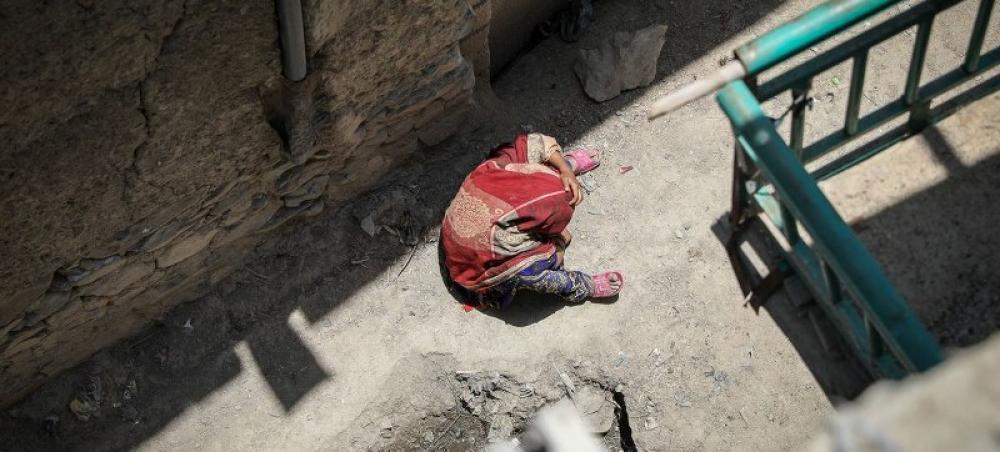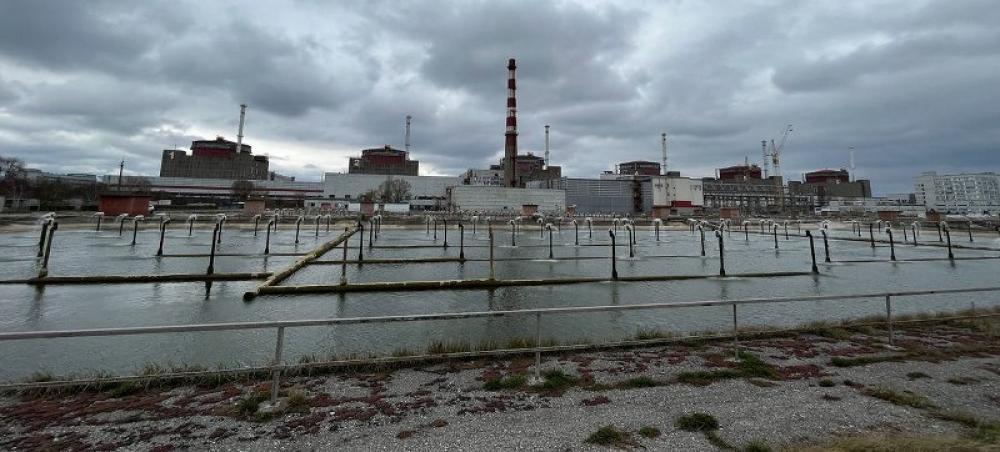Geopolitics
Aid Philippines: UN ramps up aid for child victims of typhoon
18 Dec 2013, 06:28 am Print

New York, Dec 18 (JEN): With the lives of nearly six million children disrupted by the typhoon that devastated the Philippines a month ago, 1.4 million of whom lost their family homes, the United Nations is forging ahead with long-term programmes to restore schooling, protection, vaccination and other child services.
“While I had followed the reports of progress closely from UNICEF’s New York Headquarters, no statistics can adequately capture the physical and human challenges that remain,” UN Children’s Fund (UNICEF) Executive Director Anthony Lake said Tuesday in Manila at the end of four-day visit to the Philippines.
He was deeply impressed, he added, by the spirit of the people and communities working with the Government, UN and other partners to rebuild their lives and futures in the wake of super Typhoon Haiyan, which killed more than 6,000 people, and affected 14 million others overall, leaving 3.5 million of them homeless, when it struck on 8 November.
UNICEF has mobilized experts from all over the world to support the relief effort, increasing the staff on the ground to over 100 to coordinate a plan for recovery to strengthen services for children and “will continue to support the rebuilding effort for the long term,” Lake said.
This will include working with the Government and partners in supporting back-to-learning efforts, strengthening the child protection system, re-establishing and rehabilitating water systems and the cold chain for delivery of safe vaccines, and providing services to children threatened by malnutrition.
Filipino communities are working together to clean schools, 193 classroom-sized tents have been erected for close to 20,000 students, and over 50,000 children are benefitting from UNICEF school supplies. UNICEF is providing child-friendly tents for children and “mother-baby” tents staffed with trained volunteers to help children process the pain of their experiences.
“None of this could have been done without the support UNICEF has received for the Philippines from around the world, especially from individuals and private sector partners through our national committees,” Lake said.
Meanwhile, the UN Food and Agriculture Organization (FAO) has sent in the first wave of emergency seeds for farmers who lost essential crops and supplies, restoring hope for a productive planting season and much-needed food for the coming year.
“Seed distributions have come at a critical moment, considering the typhoon struck at the start of the planting season,” FAO’s Acting Country Representative Rodrigue Vinet said. “Without FAO support, these farmers would have been unable to plant rice by January, and would have had no harvest in March/April. This means they would have been unable to harvest rice for almost a year – until October or November 2014.”
The seed donations were made possible through swift support from the Governments of Belgium, Ireland, Italy, Norway, Switzerland, United Kingdom, the UN Central Emergency Response Fund (CERF) and the general public, as well as with the mobilization of FAO's own emergency funding mechanisms.
FAO and its partners are already providing enough inputs for close to 55,000 hectares to be planted with rice seed in the December/January planting season.
In addition to the seeds, 50-kilogramme bags of fertilizer as well as tools and small irrigation water pumps are being delivered.
UNICEF Executive Director Anthony Lake greeting children in Guiuan, Philippines, during a four-day visit to areas devastated by Typhoon Haiyan. Photo: UNICEF
More Geopolitics
- World must ‘speed up’ efforts to end AIDS pandemic by 2030
- World Bank provides $700 million to improve primary education in Bangladesh
- Aid has not reached ‘a single soul’ in Syria’s besieged areas in December, says UN advisor
- UN tribunal for former Yugoslavia leaves behind culture of accountability, says Guterres
- Security Council renews Syrian cross-border relief convoys amid ongoing challenges for aid workers






